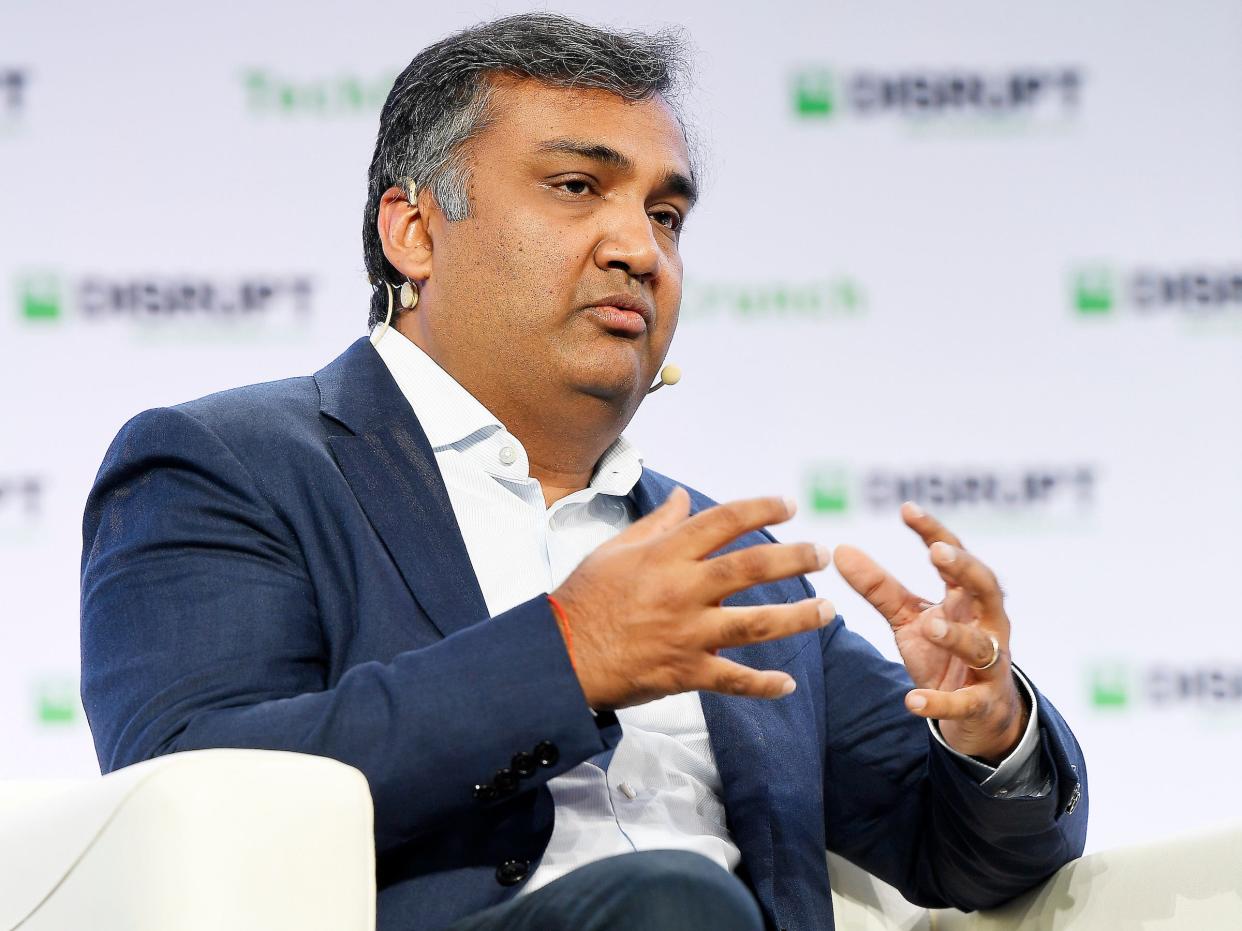Does Google train its AI on YouTube videos? Here's what YouTube's CEO and the platform's terms of service say.

Is YouTube's massive content library being used to train its AI models?
CEO Neal Mohan says some creators' contracts with the platform mean their content could be used.
He also said that if OpenAI trained Sora on the video within YouTube content, it would violate the terms of service.
Google is betting big on AI. AI models, including Google's Gemini, require a ton of training data to be competitive.
So a natural next question is: Is Google using its massive trove of YouTube videos to further those AI ambitions?
To help try to answer that question, we looked at what YouTube's CEO has said on the topic and what the platform's terms of service say, along with sending some clarifying questions to its parent company Google.
YouTube CEO Neal Mohan was asked in an interview about the possibility of Google using YouTube's massive digital content library to train its AI models.
In April, The New York Times reported that "Like OpenAI, Google transcribed YouTube videos to harvest text for its A.I. models, five people with knowledge of the company's practices said. That potentially violated the copyrights to the videos, which belong to their creators."
Mohan said some YouTube creators have specific contracts that can allow their content to be used in AI training.
"Google uses YouTube content really in accordance again back with those terms of service or individual contracts that we might have with creators or uploaders to our platform," Mohan told Bloomberg's Emily Chang in a full-length interview, some of which was first published in April.
"Lots of creators have different sort of licensing contracts in terms of their content on our platform, lots of rightsholders do," he added.
Basically, it sounds like YouTube's CEO is saying that any AI training the company is doing with YouTube content, whether it's scraping video titles or transcripts or the video content itself, is being done in a fashion that honors the terms that content creators have agreed to.
"And so some portion of that YouTube corpus may be being used for those models, but it's going to be in concert with whatever the terms of service or the contract that that creator has signed before uploading their content to YouTube," Mohan said.
As The New York Times reported, Google may not be the only company looking to YouTube for AI training data.
In a March interview with The Wall Street Journal, OpenAI CTO Mira Murati was asked if the company's AI text-to-video generation tool Sora was trained on YouTube content. She responded that she was "actually not sure about that."
Mohan says that, depending on what, if any, data OpenAI scraped, it could violate YouTube's terms of service.
"Our terms of service does allow for some YouTube content like the title of a video or the channel name or the creator's name to be scraped because that's how you enable the open web for that content to show up and maybe show up in other search engines or what have you and be available that way," Mohan told Chang.
"But it does not allow for things like transcripts or video bits to be downloaded and that is a clear violation of our TOS," he said.
YouTube's terms of service define content as "videos, audio (for example music and other sounds), graphics, photos, text (such as comments and scripts), branding (including trade names, trademarks, service marks, or logos), interactive features, software, metrics, and other materials whether provided by you, YouTube or a third-party."
The terms say uploaders "retain ownership rights in your Content" but also "grant certain rights to YouTube and other users of the Service."
"By providing Content to the Service, you grant to YouTube a worldwide, non-exclusive, royalty-free, sublicensable and transferable license to use that Content (including to reproduce, distribute, prepare derivative works, display and perform it) in connection with the Service and YouTube's (and its successors' and Affiliates') business, including for the purpose of promoting and redistributing part or all of the Service," the terms say.
So while Mohan's remarks and YouTube's terms of service shed more light on the matter, it's still not entirely clear if and how the average YouTube video could be used by Google for AI training purposes.
Business Insider reached out to Google to ask if the company was training any of its AI models or products, such as its recently announced text-to-video generator, Veo, on the actual video files of YouTube content. We'll update this post if we hear back.
Read the original article on Business Insider


